The FDA Just Banned These Chemicals in Food. Are They the Tip of the Iceberg?
Civil Eats
 The FDA announced that it will withdraw its approval for three chemicals used to make grease, stain, and water repelling food packaging and consider banning seven food additives used in both “artificial” and “natural” flavors. This raises much larger questions about one of the agencies with the most control over the safety of what we eat.
The FDA announced that it will withdraw its approval for three chemicals used to make grease, stain, and water repelling food packaging and consider banning seven food additives used in both “artificial” and “natural” flavors. This raises much larger questions about one of the agencies with the most control over the safety of what we eat.

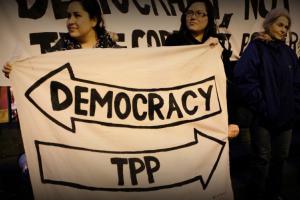

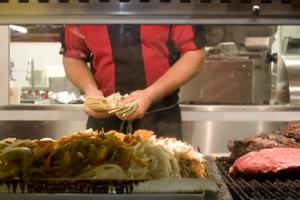
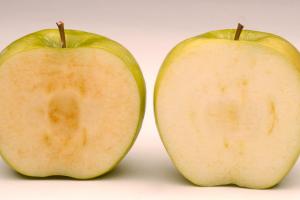
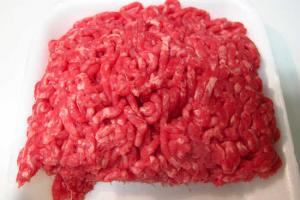
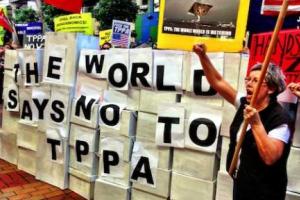
Spread the word